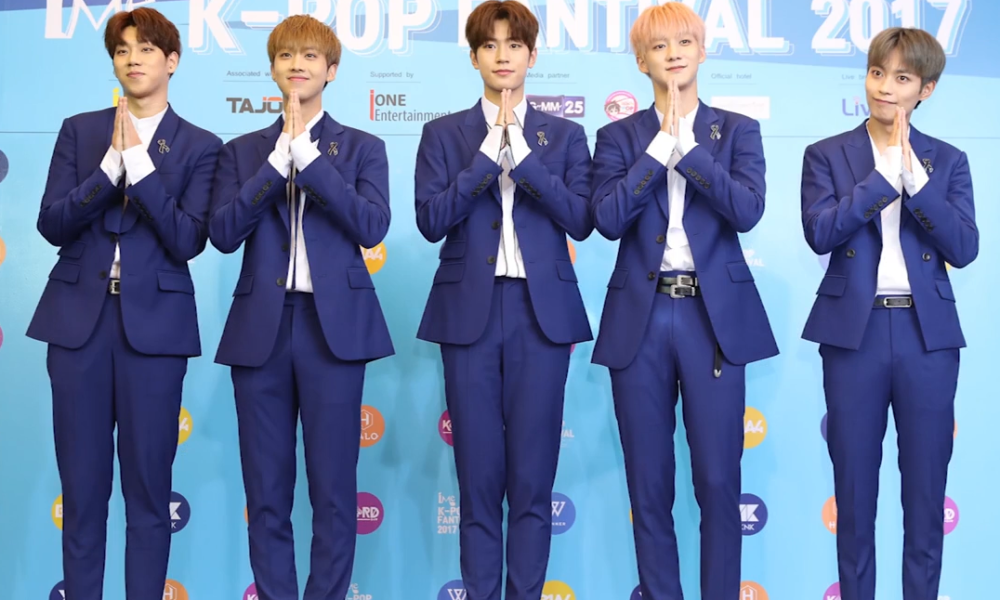By Anthony Moreno and Sydni Ingram
Karlee Wilkinson can usually be seen around campus wearing BLACKPINK merchandise. The fourth-year political science major is also familiar with many of BTS’ biggest hits and said she is riveted by the overall Korean pop genre over the last six months.
“[K-pop is] popular because of its upbeat tune, and how well choreographed the performers are,” she said.
Wilkinson is not the only college-aged individual who partakes in this culture. Students wearing gear or playing music from BLACKPINK or BTS are common at CSULB and other college campuses.
The Korean pop landscape in America has been slowly pushing the genre to the top of the Billboard charts and creating the newest crop of superstars. Men and women of all ages have become enthralled by the latest trend in music.
Oliver Wang, professor of sociology of popular culture at CSULB, described the reasoning behind K-pop’s newfound success and what sets the genre apart.
“There’s not a conventional K-pop sound because it adapts to the sound of global pop music of the time,” Wang said. “K-pop absorbs what’s out there and replicates the sound so that it is consistent with the pop music zeitgeist.”
There is a phenomenon to be recognized about fans from across the nation learning a foreign language and investing so much time into these groups.
BLACKPINK has now achieved the most-viewed music video with their single “Kill This Love,” beating Ariana Grande’s “thank u, next.” It was also the first K-pop group to perform at Coachella. The Korea Foundation reported that Hallyu fans, fans of Korean culture, reached upwards of 11 million in North America as of December of 2018.
Due to the growing popularity of K-pop, groups have started touring more frequently across the United States. Playing at major arenas such as the Barclays Center in Brooklyn, New York, and Los Angeles’ Rose Bowl stadium. On Friday, Dec. 6, KIIS Jingle Ball at The Forum in Inglewood will be featuring BTS.
As the genre becomes more localized, groups like SuperM are getting more involved in the Southern California area, having recently held an autograph signing at Fingerprints Music in downtown Long Beach and at an FYE in Fullerton.
“When you listen to K-pop, even if you don’t understand Korean, you understand the style of production,” Wang said. “There’s not a conventional K-pop sound because K-pop adapts to whatever the sound is of global pop music of any given time.”
This is one of the main reasons why K-pop has lasted over the years and continues to grow in popularity. There is no limit to its music style, as long as it can continue gaining inspiration from others and reflecting the universal style.
BigHit, a Korean entertainment company, held auditions for boys born in the year 1999 or earlier. Groups of teenagers performing draw people of their age group or younger. K-pop performers also usually resist acting in a sexual manner which attracts parents who approve of the group’s innocence in comparison to more sexualized artists in the west.
“They’re fun, they’re entertaining they’re not going to make you feel deeply uncomfortable, but they’re okay to crush out on,” Wang said. “They’re purposely styled in order to have that kind of appeal. They want to be attractive but not highly sexualized.”
K-Pop has also grown in popularity because of the interest people take in a culture outside of their own.
“I think K-Pop has become more trendy since this generation actually takes the time to be invested in other cultures,” Wilkinson said.
Wang also mentioned that record labels seek out K-pop acts to sign for their North American promotions or to gain popularity from K-pop’s growing fanbase.
“More American record labels are willing to sign deals with or do feature collaborations with K-pop artists because they want to tap into the market even if they still have either skepticism or generally don’t know how to go about producing a K-pop group,” Wang said.
SuperM, for example, is under SM Entertainment, but is also signed to Capitol Records for tours and promotions in the U.S. Other examples would be BTS’ J-Hope collaborating with Mexican-American artist Becky G for their single, “Chicken Noodle Soup.”
“The United States is still in many ways the global superpower when it comes to culture,” Wang said. “So if you make it here, it establishes you in a way in terms of your reputation let alone sales or marketing power, it establishes you here in a way that is almost unrivaled anywhere else.”




